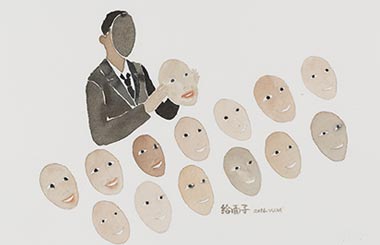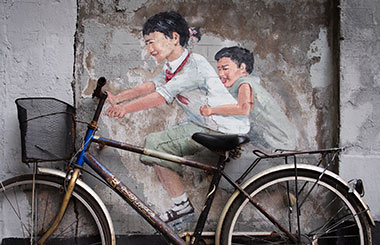 |
|
[Photo provided to China Daily]
|
Speaking of how the new guidelines took shape, Cai recalled a case from a few years ago when an entrepreneur in Shanxi province shut a bookstore within a year of its opening. He said this led the administration to study the case and come up with new policies.
"It's a business that produces small profits. I know that bookstore owners are people who hold fast to their cultural beliefs," Cai says, adding that the administration will also tackle problems like price wars.
Xu Nan, one of the 13 backers of the renowned One Way Street Library, a privately funded bookstore chain that was set up in 2005, knows of both the hardships and the role of innovation in the book business.
"We've held thousands of cultural events (to promote the business)," Xu tells China Daily, adding that the bookstore chain recently received an additional investment and is setting up charity fund to sponsor more cultural events, productions and artists.
The first project is the "My Favorite Book" video project, which involves people from all walks of life talking of one book they love. Their "contributions" will be shared on various new media platforms.
While bookstores may be facing some of the biggest challenges to their existence, innovative measures by store owners and potentially big governmental support and investment may yet see them survive and thrive.

























 Raymond Zhou:
Raymond Zhou: Pauline D Loh:
Pauline D Loh: Hot Pot
Hot Pot Eco China
Eco China China Dream
China Dream China Face
China Face





